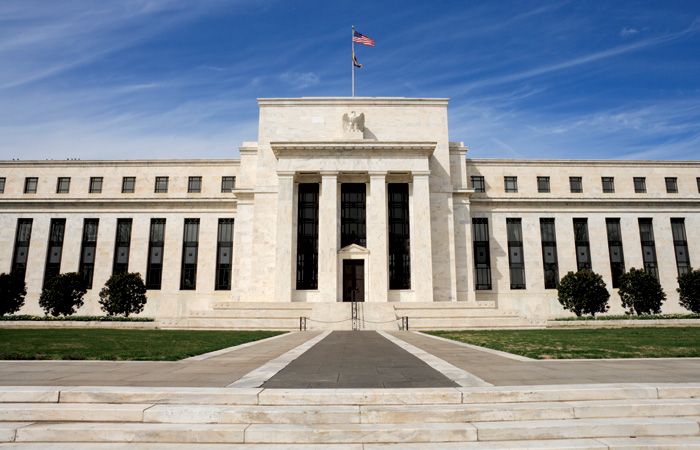
The Bank of England has hinted it may not cut interest rates further before the year’s end as it unanimously votes to keep rates on hold at its November meeting today.
However, it has warned the possibility of a ‘hard Brexit’ presents challenges ahead and forecast that unemployment will rise to 5.5 per cent, while inflation will rise to 2.75 per cent.
It says while the impacts of inflation would be temporary there are “limits to the extent to which above-target inflation can be tolerated”.
The MPC says in the three months since that assertion was made economic indicators had recovered from immediate post-Brexit lows and early estimates of GDP growth in Q3 was above estimates.
The UK economy will grow by 2.2% in 2016, the Bank predicts, up from 2% previously.
However, it warned while household spending and the housing market had proved resilient, investment intentions have softened and the commercial property market had been subdued.
The MPC says while the initial stimulus package buoyed financial markets, sterling has depreciated further since the period beginning October.
It attributed sterling’s fall to “perceptions that the United Kingdom’s future trading arrangements with the EU might be less open than previously anticipated”, which would require a lower exchange rate to improve competitiveness and support activity.
It is the second meeting the MPC has voted to keep rates at 0.25 per cent following its post-Brexit stimulus package announced at its August meeting.
At that meeting it halved rates from 0.5 per cent and introduced a £60bn quantitative easing package and a term funding scheme to encourage banks to pass on stimulus measures to the real economy.
Today’s meeting is the first since governor Mark Carney confirmed he will remain at the central bank until 2019 – one year longer than his initial term.
It follows a similar lack of action from the US Federal Reserve on Wednesday evening.






